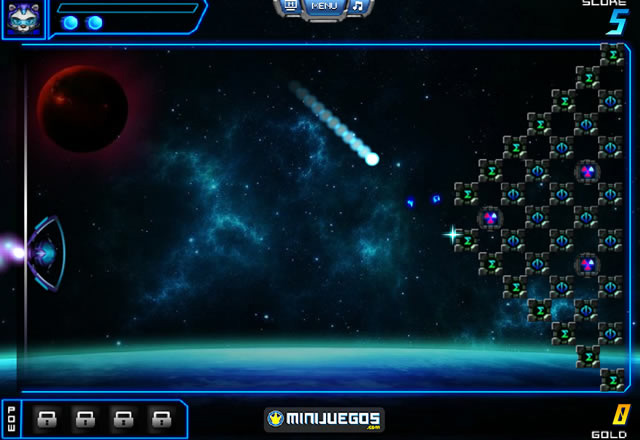

In fact, NFTs are ushering in a new era of digital ownership-one in which goods like art, music, real estate, and even software can be represented digitally as non-fungible tokens on the blockchain. However, their utility and importance go far beyond just being a currency. NFTs have been used mainly as an alternative form of cryptocurrency. That asset could be anything from a digital baseball card to a digital house deed. The idea is simple: Instead of a blockchain securing a digital currency like Bitcoin or Ether, it secures a unique digital asset, just like a physical object. In contrast, each NFT is unique and cannot be exchanged with another identical token. The word "fungible" is used in economics to describe a good or asset that can be interchanged with other identical goods or assets for example, a kilogram of crude oil is interchangeable with any other kilogram of crude oil, and one kilogram of gold can be exchanged for another kilogram of gold. A non-fungible token or NFT is a specific kind of cryptographic token or digital asset - in essence, any digital asset can become an NFT.


 0 kommentar(er)
0 kommentar(er)
